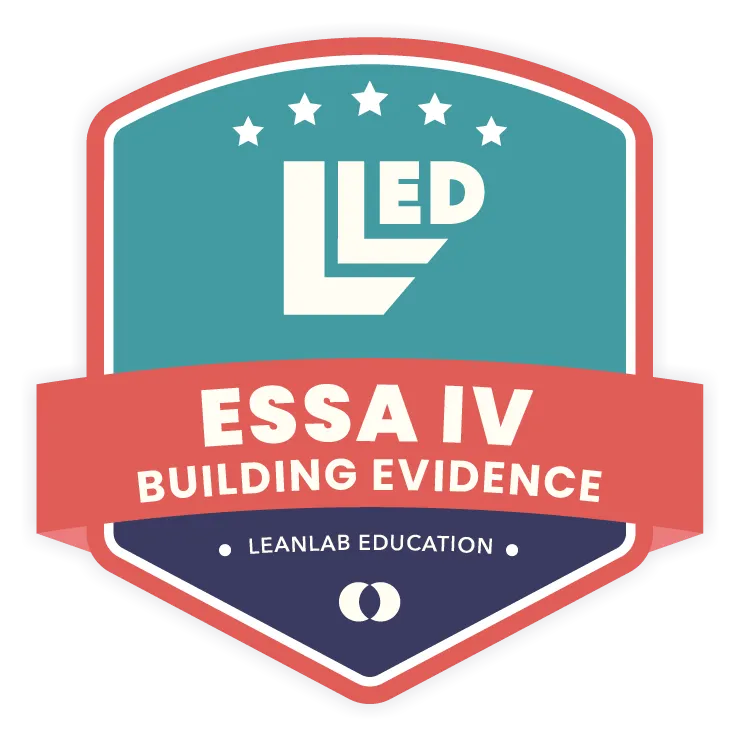.svg)
Test Blog

Equip students with civil discourse skills using Brisk and Boost tools for respectful dialogue. Foster critical thinking with structured discussions, ground rules, and engaging activities.
One of a teacher’s most important roles is preparing students to engage thoughtfully and respectfully in discussions. Teaching civil discourse skills is essential for developing informed, engaged citizens who can discuss complex issues productively. During a presidential election year it can feel even more urgent than ever.
It can also feel overwhelming to facilitate discussions about current events in a way that strengthens the connections among students rather than undermining them. Brisk and Boost can help every step of the way and make it fun for you and your students.
{{blog-cta}}
Here are a few examples:
1. Create ground rules for classroom discussions:
Blank Google Doc>Brisk>Create>Something Else> select your grade level & standards
Prompt: “Create ground rules for having civil discourse during class discussions.”
2. Teach Essential Discussion Skills
Explicitly teach skills like active listening, asking clarifying questions, and disagreeing respectfully. Provide sentence stems students can use to voice differing opinions constructively, such as:
• “I feel that....”
• “I suggest that....”
• “I would like to add....”
• “I respectfully disagree with ___ because ____.”
• “I have a different idea about that....”
3. Generate low-stakes topics to practice discussions:
Blank Google Doc>Brisk>Create>Something Else> select your grade level & standards
Prompt: “Create ten low-stakes discussion topics for my class to practice sharing opinions respectfully”
4. Boost an activity for students to practice discussion skills
Open an online resource on the topic of homework. It can be an article, video, or PDF like this one from Time for Kids. > Brisk > Boost student activity > Debate > select grade level and standards > Brisk It > Preview > Share with students > Select a class > Share
Then monitor students’ progress toward learning goals.
5. Build Background Knowledge about elections
Select a topic around the elections such as the Electoral college. Select an online resource on the topic you choose. It might be your online social studies curriculum, an article, PDF or video like this one from PBS Learning, What is the Electoral College? You may want to create a presentation, a worksheet, or DOK questions for a discussion about the electoral college or Boost the video to students as a Pulse Check, Debate, or Tutoring experience.
Electoral College Depth of Knowledge Questions
Conclusion
By explicitly teaching civil discourse skills, we equip our students to thoughtfully engage with diverse perspectives and complex issues. These abilities will serve them well not just in school, but as active participants in our democracy. Remember that civil discourse is challenging even for adults. Be patient with your students (and yourself) as you work to create a classroom culture of respectful, evidence-based dialogue. The skills you're nurturing are vital for students to develop their voices, build critical thinking skills, and strengthen their communities.
.svg)



.svg)

.svg)








